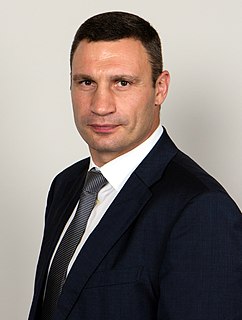A Quote by Tom Johnson
The military offered the opportunity to see the world, and meet other people and learn new customs. Plus, the Army taught soldiers discipline. The life I experienced in the service was an education I could never have obtained as a cowboy.
Related Quotes
I have a lot of friends who served in the regular army for a long time. Quite a few of my friends from that time went on to become full-time soldiers. But you live in a world that is entirely army. Your whole world is pretty much that military service, and it's very hard to do other things and to break out of that environment.
When you venture at life with curiosity, you can learn from anything. You learn from things that you could never maybe thought you could learn from. And when you actually step into the room with a lot of people who have an education in a classroom, that is very similar to other people's educations, you'll actually come with a unique perspective that could be a valuable perspective that creates an innovation that could change the world.
My Army reserve service was in the 1990s. It was, more than anything else, an opportunity for me to express gratitude. My understanding of and admiration for the American armed forces is deeper, better informed as a result. I'm among those who believe that military or other citizen service should be an expected part of every American's life.
In grade school I was taught that the United States is a melting pot. People from all over the world come here for freedom and to pursue a better life. They arrive with next to nothing, work incredibly hard, learn a new language and new customs, and in a generation they become an integral part of our amazing nation.
The west has decided to channel money and effort into studying other customs and practices, but no one has really given other people the chance to study western customs and practices, except at schools maintained by white expatriates, or by allowing the rich from other cultures to study in Oxford or Paris. What happens then is that they return home to organise fundamentalist movements, because they feel solidarity with those of their compatriots who lack the opportunity for such education.
Some failure in life is inevitable. It is impossible to live without failing at something, unless you live so cautiously, that you might as well not have lived at all. In which case you have failed by default. Failure gave me an inner security that I had never obtained by passing examinations. Failure taught me things that I could not have learned any other way. I discovered I had a strong will and more discipline than I had suspected.
The characteristic feature of militarism is not the fact that a nation has a powerful army or navy. It is the paramount role assigned to the army within the political structure. Even in peacetime the army is supreme; it is the predominant factor in political life. The subjects must obey the government as soldiers must obey their superiors. Within a militarist community there is no freedom; there are only obedience and discipline.
There are three ways in which a ruler can bring misfortune on his army: By commanding the army to advance or to retreat, being ignorant of the fact that it cannot obey. This is called hobbling the army. By attempting to govern an army in the same way as he administers a kingdom, being ignorant of the conditions which obtain in an army. This causes restlessness in the soldier's minds. By employing the officers of his army without discrimination, through ignorance of the military principle of adaptation to circumstances. This shakes the confidence of the soldiers.








































